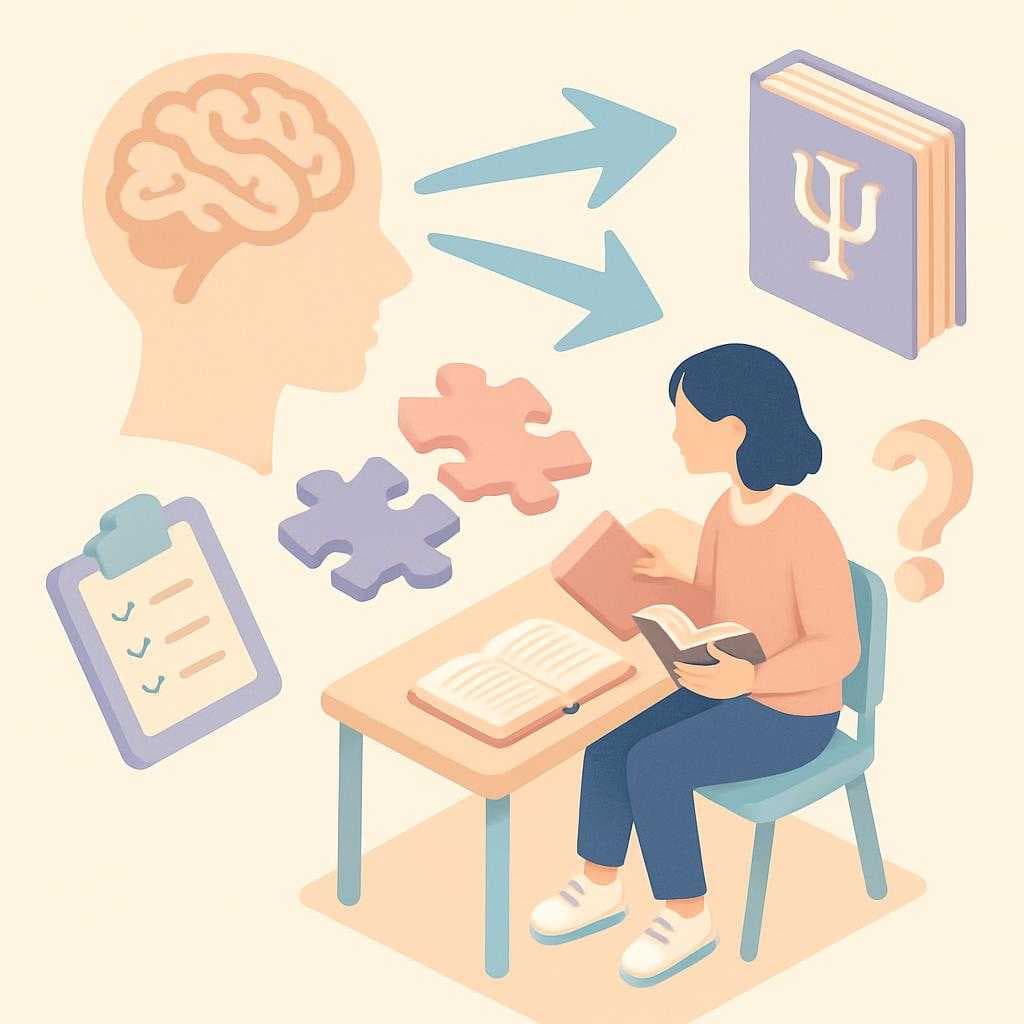From Concepts to Context: Master the Application of Psychology in GCSE Exams
Summary: Struggling to connect psychological theories to real-world scenarios in your GCSE Psychology exams? This guide helps students studying under AQA, Edexcel, and OCR to master the application of key concepts, ensuring exam success.
Understanding psychological concepts is one thing, but applying them effectively in GCSE exams is a whole new challenge. Whether you're studying under AQA, Edexcel, or OCR, being able to relate theories to practical situations is crucial for scoring high grades. This post will guide you through strategies to bridge the gap between theory and context, boosting your confidence and competence in exams.
Understand the Core Concepts
Before you can apply psychology to real-world scenarios, ensure you have a firm grasp of the core concepts. AQA, Edexcel, and OCR all cover foundational topics like memory, development, and social influence. Familiarize yourself with key studies and theories within these areas. Use your textbooks and class notes to consolidate your understanding, and don't hesitate to ask your teacher for clarification on complex topics.
Relate Theories to Everyday Life
Once you understand the core concepts, practice relating them to everyday situations. For instance, consider how memory models explain your revision habits, or how theories of social influence relate to peer pressure. Creating these connections can make abstract theories more tangible and easier to recall during exams.
Practice with Past Papers
Each exam board—AQA, Edexcel, and OCR—has its own style of questioning. Utilize past papers to familiarize yourself with these styles. Pay attention to application questions that require you to relate theories to specific scenarios. Practicing these questions can help you develop a structured approach to applying your knowledge.
Use Real-Life Examples
When answering application questions, use real-life examples to illustrate your points. For example, when discussing the bystander effect, you might reference a well-known event where this phenomenon was evident. Real-life examples not only make your answers more relatable but also demonstrate your ability to apply theory to practice.
Create Mind Maps
Mind maps can be an excellent tool for visualizing the connections between psychological theories and their applications. Start with a central concept and branch out with related theories and real-world examples. This visual representation can aid memory retention and improve your ability to recall information during exams.
Revise Regularly
Finally, regular revision is key to mastering the application of psychological concepts. Schedule consistent study sessions, and mix up your revision techniques to keep things engaging. This approach will reinforce your understanding and ensure you're well-prepared for exam day.
By following these strategies, you'll not only enhance your understanding of psychology but also your ability to apply it effectively in your GCSE exams. Whether you're with AQA, Edexcel, or OCR, mastering the application of psychology will pave the way for academic success. Good luck!
